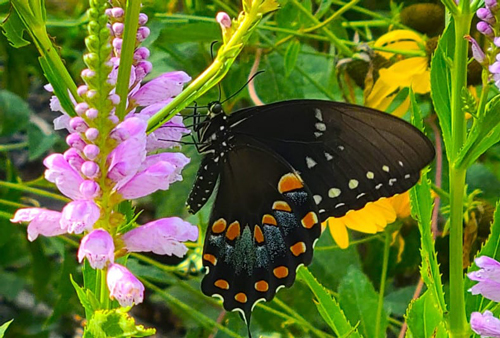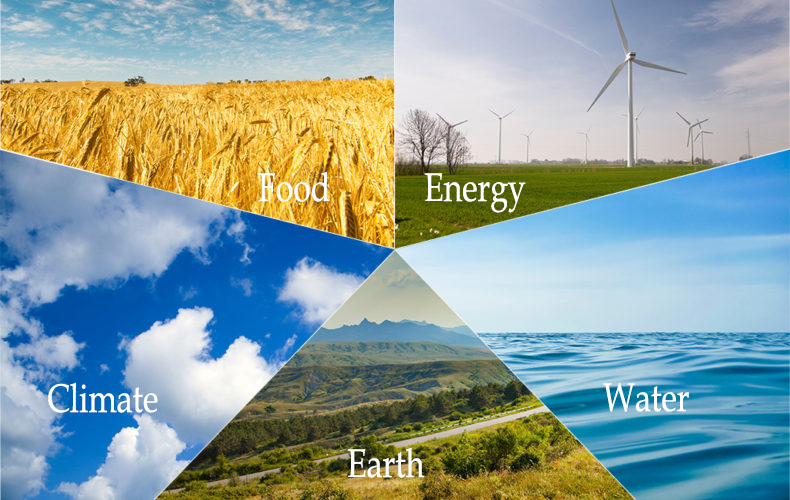 We have taken the five Sundays readings in the Season of Creation and highlighted a specific environmental area which we will cover weekly. (This week, earth; ) How is this area affecting us ? What can we do to improve our use of them ? We have added related scriptures.
We have taken the five Sundays readings in the Season of Creation and highlighted a specific environmental area which we will cover weekly. (This week, earth; ) How is this area affecting us ? What can we do to improve our use of them ? We have added related scriptures.
Collect “O God, creator of heaven and earth, you have filled the world with beauty and abundance. Open our eyes to behold your gracious hand in all your works; that rejoicing with your whole creation, we may learn to serve you with gladness; for the sake of him through whom all things were made, your Son, Jesus Christ our Lord. ”
Isaiah 55:9-10 “8 For as the heavens are higher than the earth, so are my ways higher than your ways and my thoughts than your thoughts. 10 For as the rain and the snow come down from heaven, and do not return there until they have watered the earth, making it bring forth and sprout, giving seed to the sower and bread to the eater.”
Isaiah 40:28-31 “The LORD is the everlasting God, the Creator of the ends of the earth. He does not faint or grow weary; his understanding is unsearchable. 29 He gives power to the faint, and strengthens the powerless. 30 Even youths will faint and be weary, and the young will fall exhausted; 31 but those who wait for the LORD shall renew their strength, they shall mount up with wings like eagles, they shall run and not be weary, they shall walk and not faint.”
James 5:7-8 “Be patient, therefore, beloved, until the coming of the Lord. The farmer waits for the precious crop from the earth, being patient with it until it receives the early and the late rains. 8 You also must be patient. Strengthen your hearts, for the coming of the Lord is near. ”
5. Climate (Deforestation) – Sept 29
Romans 8:18-21 “18 I consider that the sufferings of this present time are not worth comparing with the glory about to be revealed to us. 19 For the creation waits with eager longing for the revealing of the children of God; 20 for the creation was subjected to futility, not of its own will but by the will of the one who subjected it, in hope 21 that the creation itself will be set free from its bondage to decay and will obtain the freedom of the glory of the children of God. ”



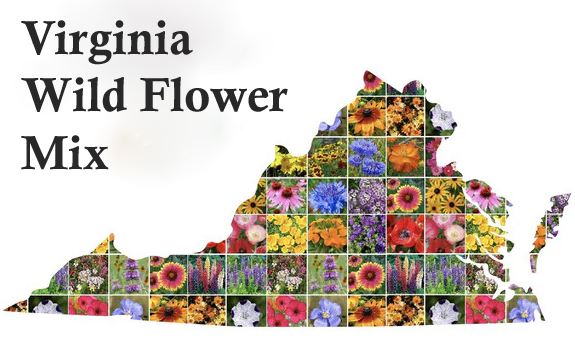
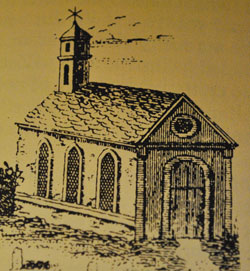


 Seventeenth Sunday after Pentecost, Season of Creation 3, Sept. 15
Seventeenth Sunday after Pentecost, Season of Creation 3, Sept. 15
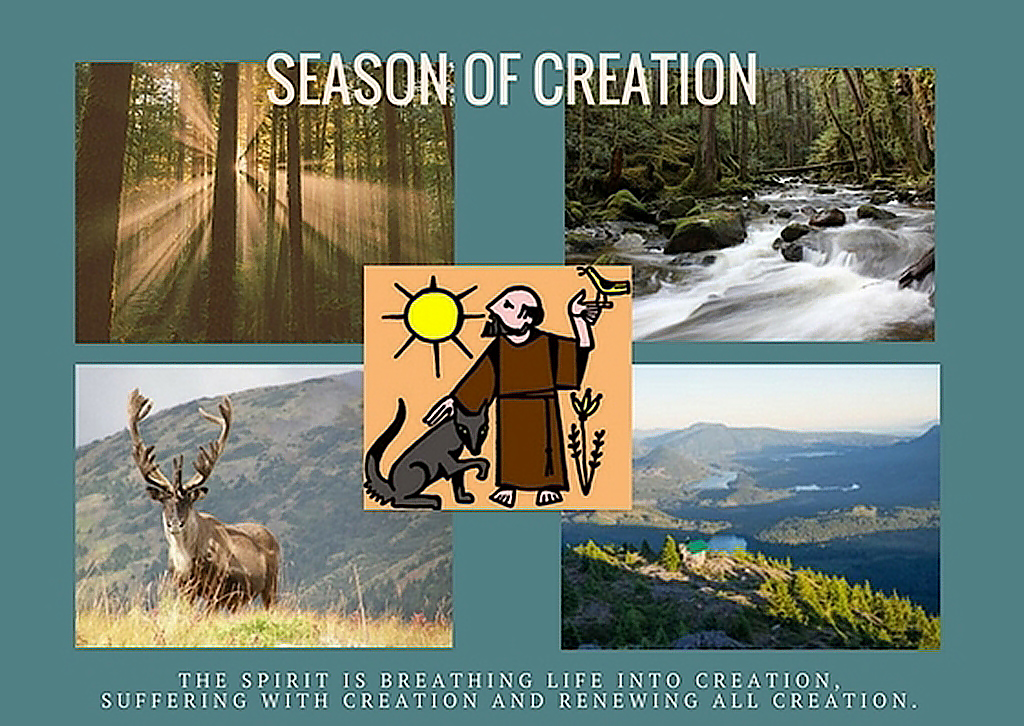
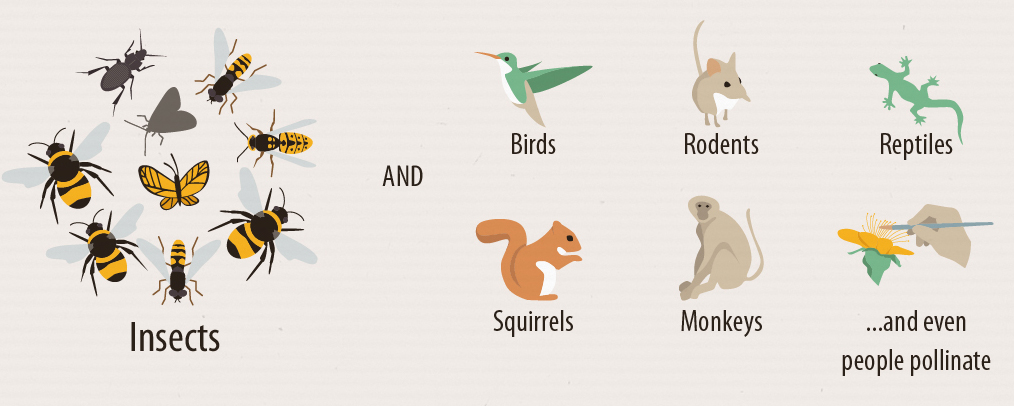

 on the toolbar for larger text.)
on the toolbar for larger text.)
